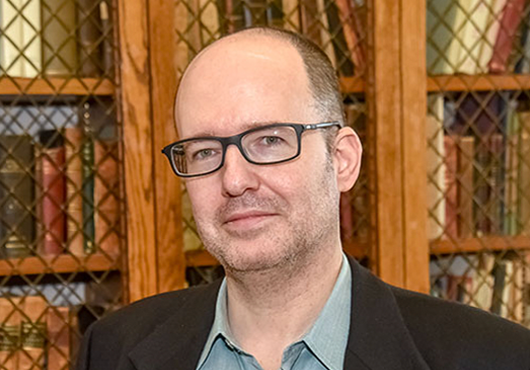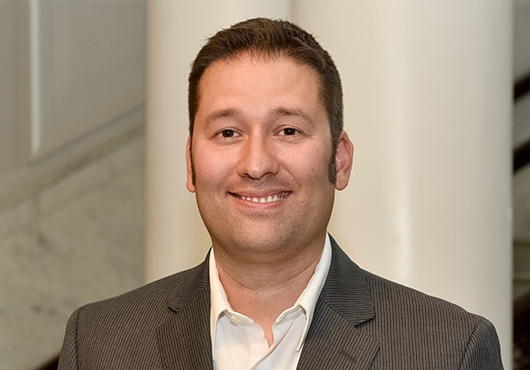Late last year, a Chinese researcher announced at the Human Genome Editing Conference in Hong Kong that he had used a gene-editing technology known as CRISPR-Cas9 to change the embryonic genes of twin sisters. [1] Many doctors and academics have called his actions irresponsible and dangerous; broad media coverage has alarmed many more about the ethics of genome editing and accelerated the proverbial “slippery slope” of designer children. If ever there was a news story that symbolized some of the most universal and culturally significant questions of the current generation, this was it.
New advancements in science and technology, like human gene editing, have forced this generation to wrestle with old challenges in new settings—issues concerning life and death, human personhood, the just and equitable allocation of resources, and fears of exploitation—to name a few. Such advancements have also amplified the need for ethical guidance, a point Shannon Vallor makes in her book Technology and the Virtues: A Philosophical Guide to a Future Worth Wanting, writing that our task is not “predicting the general shape of tomorrow’s innovations,” but instead, “figuring out what we will do with these technologies once we have them, and what they will do with us [italics original].” [2]
Society expects bioethics to help anticipate and prepare for this opaque future. [2] There is reason to be optimistic. The next generation of bioethicists, among them anthropologists, clinicians, historians, lawyers, philosophers, and sociologists are training—at Harvard Medical School’s Center for Bioethics and other institutions across the globe—to address these challenges. Such training prepares scholars, clinicians, and policy makers to help guide society into the future on a more sound moral footing.
In this third issue of the Harvard Medical School Bioethics Journal, we invited explorations of the new moral frontier in science and medicine. Lacey Brennan and Louise King explore the ethical permissibility of fertility clinics knowingly participating in the transfer of aneuploidy embryos. Stephen Rosenfeld details the major update to the Common Rule, the federal regulations that govern the protections of research participation in federally funded research, and evaluates the changes. Miguel Dorante describes the improvements in face transplantation, and makes some observations about the role and impact of our appearance. This issue also includes an interview with distinguished psychiatrist and medical anthropologist Arthur Kleinman, and Islamic bioethicist Abdulah Aljoudi.
Each of these eight scholars has employed a different approach to examine their areas of focus in bioethics. Some have followed traditional methods such as principlism or virtue ethics, whereas others have employed other methods such as narrative ethics, demonstrating the value of a multiplicity of perspectives at the bioethics round table. The goal of this journal is to publish top-level content representing a range of traditions and perspectives. As Daniel P. Sulmasy and Jeremy Sugarman point out, there are advantages to looking at a moral question in such a manner, noting that through broad and diverse contributions, we might all gain “a richer understanding of that moral question and a better grasp of the answer.” [3]
Participating in the bioethics conversation helps us to think critically about our own beliefs and helps guide our decision-making. The kinds of moral instruments and bioethics skills employed by the authors of the essays in this issue are a few examples of the perspectives and techniques that may help guide us into our challenging future.
Dylan Marashi can be reached at: dylan_marashi@ alumni.harvard.edu
[1] Stein, Rob. "Facing Backlash, Chinese Scientist Defends Gene-Editing Research On Babies." Shots: Health News from NPR. National Public Radio. November 28, 2018. https://www.npr.org/sections/health-shots/2018/11/28/671375070/facing-backlash-chinese-scientist-defends-gene-editing-research-on-babies. Accessed July 23, 2019,
[2] Vallor, Shannon. Technology and the Virtues: A Philosophical Guide to a World Worth Wanting (New York: Oxford University Press, 2016).
[3] Sugarman, Jeremy and Daniel P. Sulmasy. Methods in Medical Ethics. 2nded.(Washington, D.C.: Georgetown University Press, 2010).


